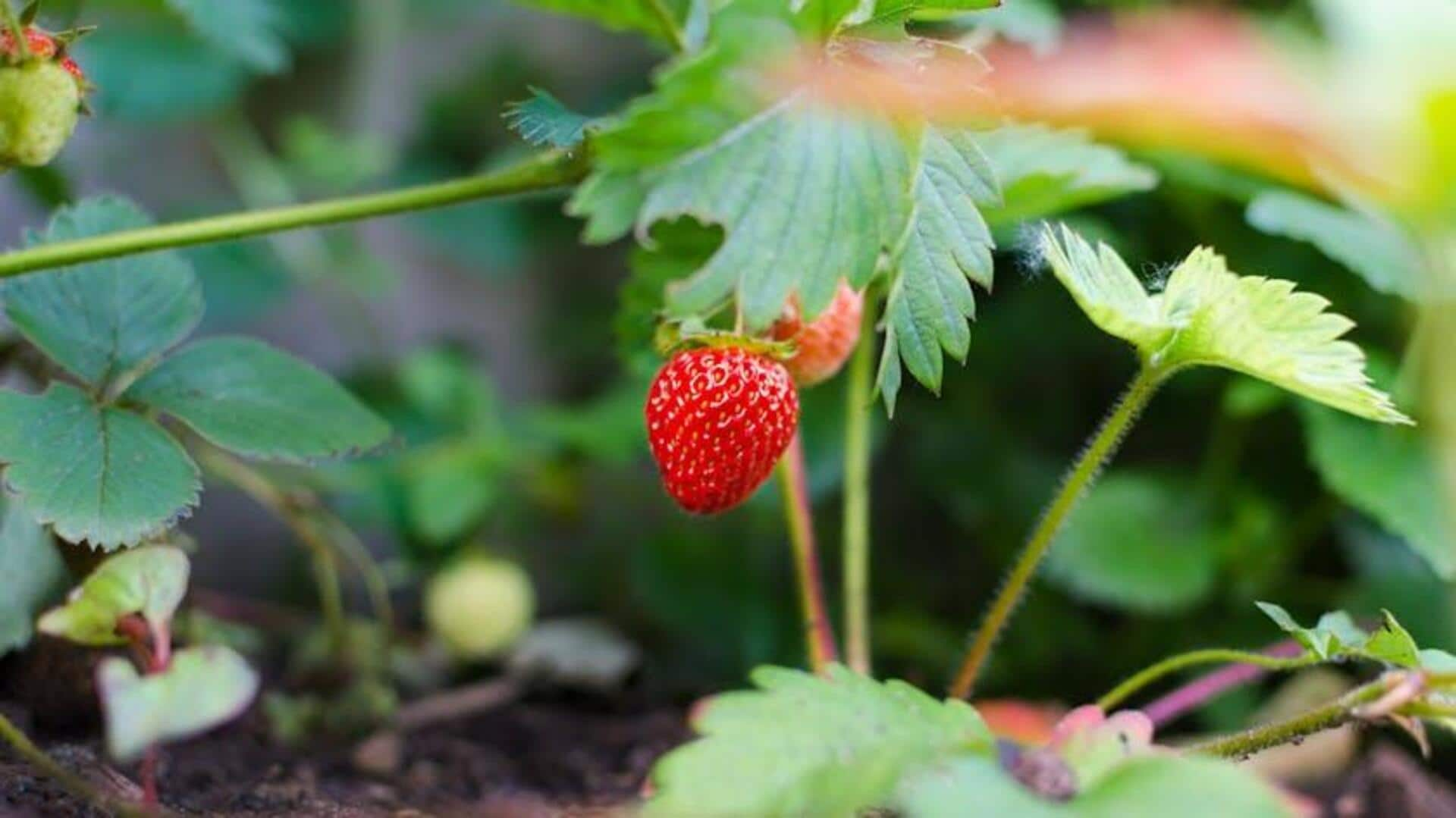
Urban gardening in Africa is not only changing the way cities look but also bringing new answers to food security, environmental sustainability, and community building. With space and resources at a premium, thinking outside the box is key to growing your own oasis amidst the concrete jungle. This article provides useful advice and success stories from across the continent.
Selecting the right plants Selecting the right plants is key to successful urban gardening in Africa. Choose species that are adapted to the local climate and soil conditions. Vegetables like spinach, kale, and tomatoes are well-suited to various African climates and require little space.

Plus, by planting native herbs and flowers that attract pollinators, you can contribute to enhancing biodiversity. Utilizing small spaces efficiently In cities, where space is at a premium, vertical gardening is a creative way to make the most of what you have. By using wall-mounted planters and hanging baskets, or by building trellises for climbing plants such as beans and cucumbers, you can take advantage of vertical spaces.
Plus, balconies, rooftops, and windowsills provide perfect opportunities for container gardening, turning these underused spaces into vibrant, productive green oases. Embracing sustainable practices Sustainable practices are key to the success of urban gardening in Africa. Harvesting rainwater conserves water for irrigation, while composting organic waste reduces landfill waste and enriches soil.
Using organic pesticides keeps gardens eco-friendly and protects plant health. These simple yet effective methods not only promote a healthier environment but also support the long-term viability of urban gardens, helping to create sustainable, self-sufficient green spaces. Engaging with community initiatives Urban gardening in Africa thrives on community involvement.
By joining local gardening clubs or initiatives, gardeners can share seeds, knowledge, and resources. This not only enhances individual expertise but also fosters a sense of community. Collaborating on communal gardens allows residents to create larger green spaces within the urban jungle.
Ultimately, these shared experiences cultivate a strong sense of community and belonging. Leveraging technology for garden management Technology can make your urban garden in Africa super efficient. Mobile apps give you the lowdown on when to plant, how to deal with pests, and when to water for your specific location and climate.
Timed drip irrigation systems mean your plants get the right amount of moisture without wasting a drop..










